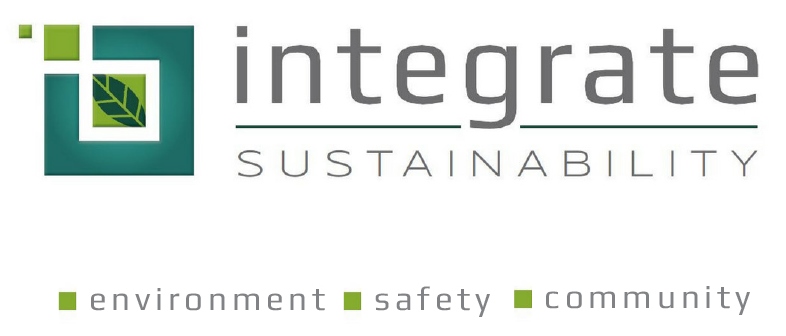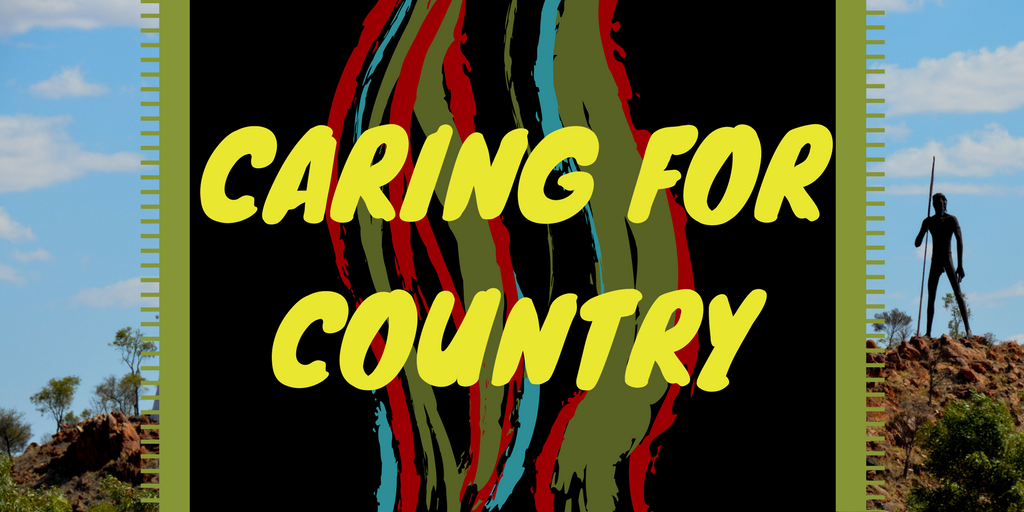Samantha Mickan – Environmental Specialist
Why does Caring for Country mean so much for Australian Aborigines? For many of us, the relationships between Indigenous Australians and their country is encapsulated in the saying ‘healthy country, healthy people’. The term “caring for country” reflects the importance that Indigenous Australians place on traditional land management on lands unaltered by development or other land use such as agriculture. Simply put caring for country is ‘Indigenous Australian’s management of land and sea’. Caring for country focuses on the environmental and landscape management outcomes of this activity, however, there are broader benefits from caring for country which include social-political, cultural, environmental, physical and emotional wellbeing of Indigenous peoples.

Environmental Benefits
Caring for country has substantial environmental benefits. By undertaking traditional land management activities Indigenous Australians provide a wide range of services that benefit the environment such as wildfire abatement, weed control, feral animal control, biodiversity conservation, fisheries management, restoration of wetlands, water resource management and sustainable commercial enterprises such as eco-tourism. It has been established that where Indigenous Australian undertake caring for country activities, there were less intense wildfires and more patchwork burning, with positive outcomes for habitat, biodiversity and landscape health. Another example of where the Australian Environmental has benefited from traditional land management activities established through caring for country are found in Indigenous Protected Area. In these areas, Indigenous Australia’s agree to manage their land to meet international conservation standards, in exchange for resources and funding to do so their way.

Cultural Benefits
Country is the place where knowledge comes from and is taught, thus caring for country is an investment in knowledge and cultural exchange. While out of country it provides an opportunity for Indigenous Australia’s to pass down law and custom to young people which prevents the loss of one of the world’s oldest cultures. Ceremonies and activities to care for country are part of continuing this law.
In addition to, and as part of, intergenerational relationships, caring for country also supports customary and social practices for both women and men, and facilitates their relationships with the land and gendered identities. Within country, there are gendered landscapes and women and men express their relationship with the land in different ways. As found in the National Aboriginal and Torres Strait Islander Women’s Health Strategy, when women are on country together, walking, practicing traditional arts and crafts, and cooking together, there are considerable benefits for their health and wellbeing. Women often hold the role of key caregivers in the community, so these improvements in women’s wellbeing have significant flow-on effects for others.
Across Australia, the engagement of old and young in caring for country work has enabled communities to address social challenges they have faced. In the Kimberley caring for country has re-established a process of cultural learning and preservation that was previously suffering in competition with the distractions of ‘town life’ for young people.
Socio-politic Benefits
A literature review for caring for country was conducted in 2011. This review identified a strong connection between caring for country and the education, training and skill development, reduced substance abuse, increased community pride and improved early childhood development. By fostering relationships and partnerships between Indigenous Australians and formal structures and systems they may have not previously help positive relationships. These relationships extend to educational institutions, government and community service organisations, employers, land managers and health services. These relationships can also foster non-Indigenous people’s understanding of caring for country, making a positive contribution to reconciliation and improved social opportunities for Indigenous people.
 Accessing caring for country programs to support Indigenous peoples’ capacity to govern their lands and waters is growing across Australia and is becoming more important with a large part of Australia being returned to Indigenous Australians through Native Title Recognition. Funding to manage determine native title area is limited, but Indigenous Australia are required by law to establish native title corporations to manage their land. Caring for country programs provide a valuable and sometimes the only source of funding to assist the governance and institutional capacity of these emerging organisations.
Accessing caring for country programs to support Indigenous peoples’ capacity to govern their lands and waters is growing across Australia and is becoming more important with a large part of Australia being returned to Indigenous Australians through Native Title Recognition. Funding to manage determine native title area is limited, but Indigenous Australia are required by law to establish native title corporations to manage their land. Caring for country programs provide a valuable and sometimes the only source of funding to assist the governance and institutional capacity of these emerging organisations.“Healthy country, healthy people” The benefits of caring for country on Indigenous Australia’s health, wellbeing, culture and environment are proving to be interlinked and the potential for benefits could be multiplied through mutually reinforcing positive connections.
If you or your organisation are interested in learning more about Indigenous Australians in your area touch base with your local Aboriginal Corporation or Native Title Representative Body or if you would like assistance in identifying the right people to contact please give Integrate Sustainability a call (08) 9468 0338 or email enquiries@integratesustainability.com.au
Image References:


